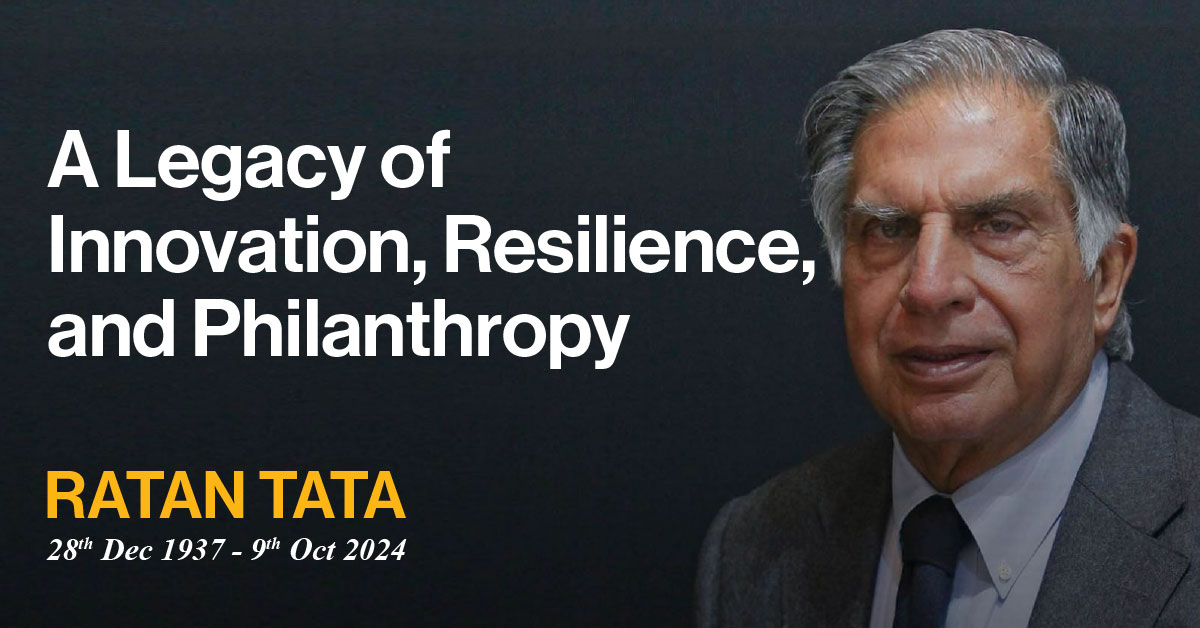Globalization and a faster technological development rate have created unprecedented social, economic, and environmental challenges. Meanwhile, those forces are also creating a plethora of new opportunities for human advancement. With global insecurity, climate change, and the rising financial downturn, many companies are now focusing on CSR and sustainability. Leading companies are integrating social responsibility into their core business strategy to achieve long-term success. As a result, business schools, as well as students in recent years, have become increasingly interested in delivering and studying approaches that contribute to sustainable development by delivering economic, environmental, and sustainability benefits to all stakeholders- and an MBA in Corporate Social Responsibility is a stellar example of such an approach.
What is Corporate Social Responsibility?
As an emerging industry, CSR is a self-regulating business model that provides a vibrant platform for interactions among organizations, their stakeholders, and the public. Governments and businesses alike have recognized the need for CSR. As a result, it creates a picture-perfect environment for managing and growing social values, and it leads to the development of cutting-edge technologies on a global scale. When a company engages in CSR, it operates in a way that benefits society and the environment rather than harming them. Environmental impacts, ethical responsibility, philanthropic endeavors, and financial responsibilities are common categories of corporate social responsibility.
Today, corporate responsibility has become an extremely significant factor that influences companies’ growth, profits, and brand image. When consumers use a product or service from a socially responsible company, they feel that they are doing their part. Companies with strong social responsibility tend to have greater support from their communities and consumers. As business environments continue to change, corporate social responsibility is becoming more significant in businesses.
CSR in Business Schools: A Necessity
The young MBA graduates of today will become future business leaders, which is why incorporating cultural and social responsibility into an MBA program makes sense. Business schools must develop pedagogy, curriculum, delivery methods, and best practices in order to accomplish this. As a result, graduates will possess a range of perspectives and competencies that enhance their socially responsible business awareness. A key component of sound business practices is ethical and socially responsible behavior. Business is changing the way it views corporate social responsibility making it a competitive issue in higher education. Consumers and businesses are focusing on their responsibilities to create a sustainable future with a new focus on business education. As a result of this realization, employers expect and require business schools to facilitate the training of students in social responsibility.
Business schools can combine corporate social responsibility with traditional management skills in their curriculum development in order to provide a sustainable business education. Curriculums can emphasize social inclusion, corporate and government relations, and environmental sustainability. Along with core business concepts, students may learn about sustainable supply chains, socially responsible investments, and natural resources. Social responsibility integration into the business curriculum must be connected to specific management tasks, such as finance, organizational behavior, entrepreneurship, and strategic management, among others, regardless of the approach used. By putting them into practice, students will be better able to become effective change catalysts for the future and put them into practice in the management of businesses.
Apart from curricula, students should be involved with NGOs, social groups, and industry partnerships that are engaged in socially and environmentally sound practices that revolve around sustainable development, natural resource efficiency, and strategic planning in the workplace. This will help them develop CSR processes, such as managing environmental footprints, reporting impact, and managing events. Alternatively, they can create their own social startups or work in startups that focus on social and environmental issues.
The Future Scope of MBA Corporate Social Responsibility
Typically, a CSR course in an MBA program will help students examine business ideas through different lenses: the “triple bottom line,” for example, discusses a company’s profit and its impacts on the planet and humankind. The increasing expectations of the stakeholders and boards of firms have lured maximum benefits from CSR, making it one of the most enthralling specializations.
Needless to say, the augmented importance of corporate social responsibility has enhanced employment opportunities across Indian and multinational industries. Young aspirants will find fascinating career opportunities in this field of management. In the private and public sectors, career paths along the lines of CSR are the only ones that combine the human touch and business.
















Leave a comment